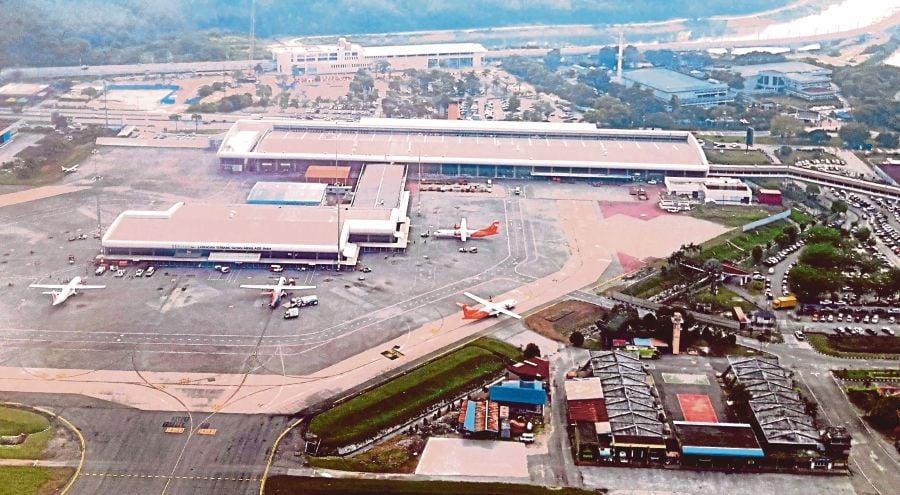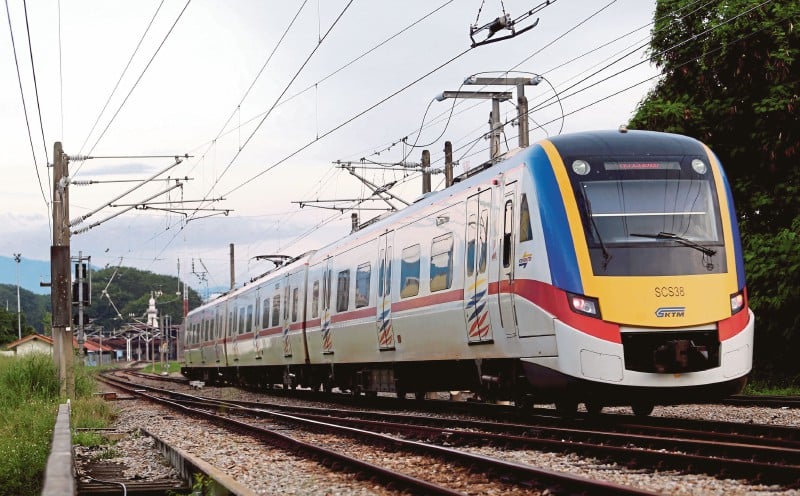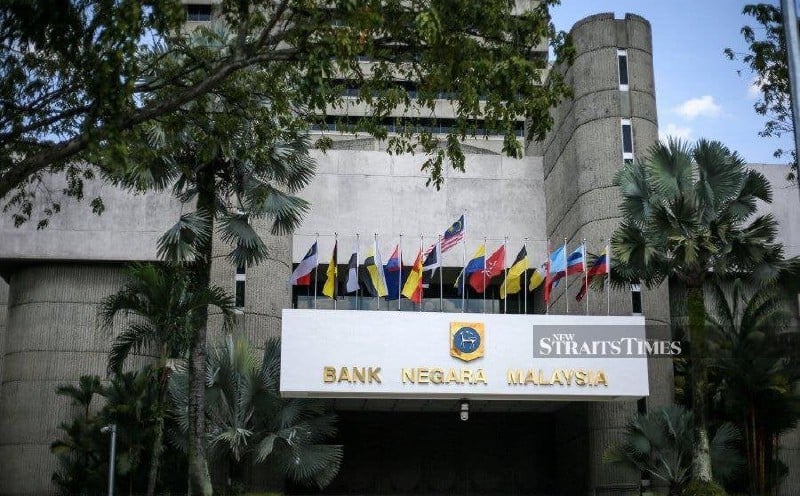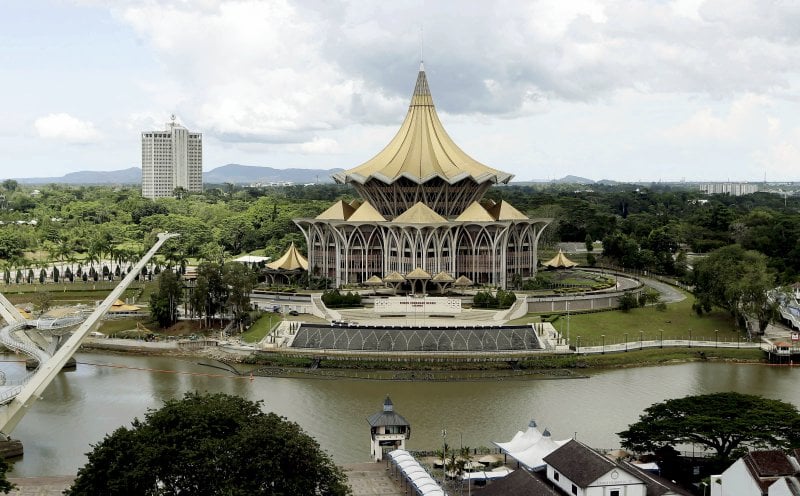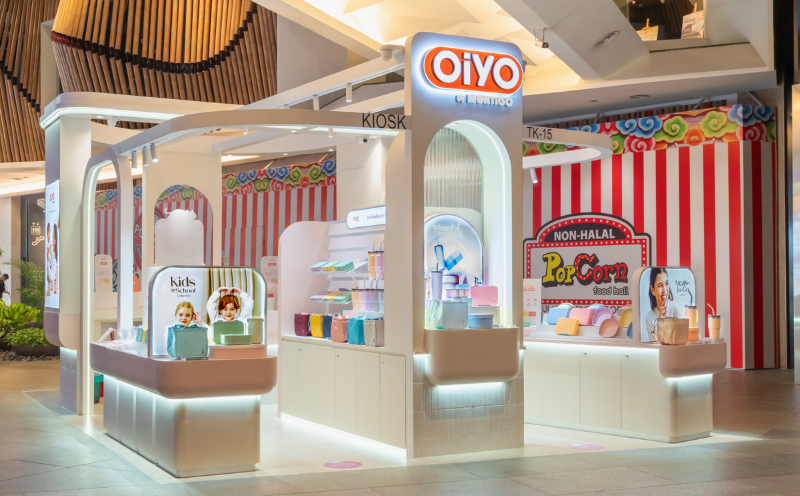KUALA LUMPUR: The redevelopment of the 58-year-old Sultan Abdul Aziz Shah (SAAS) Airport will inevitably draw some flights away from Malaysia's main airport hub, Kuala Lumpur International Airport (KLIA) Terminal 1.
Malaysia Aviation Group (MAG) group managing director Datuk Captain Izham Ismail said the shift of traffic, especially point-to-point, would weaken the terminal's position as the main airport hub.
"The appropriate policies and measures will need to be considered to control and contain the expected cannibalisation as ultimately KLIA Terminal 1 should be prioritised as the main gateway and hub for the country."
"As a national carrier, it is our aim to continue to strengthen KLIA's position as a key hub in Asean region connecting Asia to the world," he told the New Straits Times in an interview recently.
MAG is the parent company of Malaysia's national carrier, Malaysia Airlines Bhd.
Izham said due to the possibility of Malaysia Airlines also operating out of Subang Airport, the airline would need to find suitable aircraft that could be stationed at the airport.
He said the national carrier would need some 25 new aircraft to replace its current ageing fleet, which would not necessarily be Boeing B737 MAX.
"The 25 new airplanes are fresh negotiations. It's not an option that we have (from the previous purchase of B737 MAX 8 in 2016)."
"The aircraft type would not necessarily be MAX because we've got Subang Airport to think about. Is MAX the best airplane for Subang Airport?" Izham said, adding that MAG would run the campaign for the new aircraft purchase by quarter four this year.
The redevelopment of SAAS, dubbed the Subang Airport Regeneration Plan (SARP) was announced by Malaysia's Transport Minister, Anthony Loke in February this year.
The SARP will see the airport turn into a regional commercial and maintenance, repair and overhaul aviation hub that will have narrow-body aircraft operations again with maximum capacity of eight million passengers a year.
Previously, SAAS operator Malaysia Airports Holdings Bhd's (MAHB) planned to undertake its RM1.3 billion SARP had been in limbo since 2021 following a dispute with developer WCT Holdings Bhd.
In May this year, MAHB managing director Datuk Iskandar Mizal Mahmood said the airport operator was waiting for the feedback of the Cabinet, which was supposed to be by end-May.
Iskandar did not delve into the details of the plan except that the redevelopment of Subang Airport would complement the operations of KLIA Terminal 1 as a secondary airport instead of threatening it.
Following the announcement of the SARP, many airlines operating at KLIA Terminal 1 and Terminal 2 have expressed interest to introduce new flights out of Subang Airport.
One airline that had announced its interest is Capital A Bhd's AirAsia Malaysia.
The NST reported in February this year that Malaysia Aviation Commission (Mavcom) had yet to offer the slots for airlines to operate jet flights out of SAAS.
Mavcom would need to gazette the approval of narrow-body aircraft to fly out of Subang Airport first while MAHB would need to upgrade the airport's infrastructure before the air traffic rights application is opened to airlines.
Currently, Subang Airport only has one runway. It is now handling turboprop operations from MAG's Firefly and Lion Air-linked operator Batik Air.
Should airlines at KLIA Terminal 1 and Terminal 2 also operate out of SAAS, it would present them with some operational challenges as they had to manage their departure and arrival from two different airports.
However, Izham said MAG would back the SARP by operating out of Subang to support the government's plan to drive catalytic growth in Subang area.
"Despite the challenges, MAG is supportive of the government's ambition to make Subang a premium airport targeted towards business travellers who values speed and convenience."
"In this regard, we believe that the national carrier is well positioned to support the premium proposition of Subang as envisioned by the airport operator," he said.


